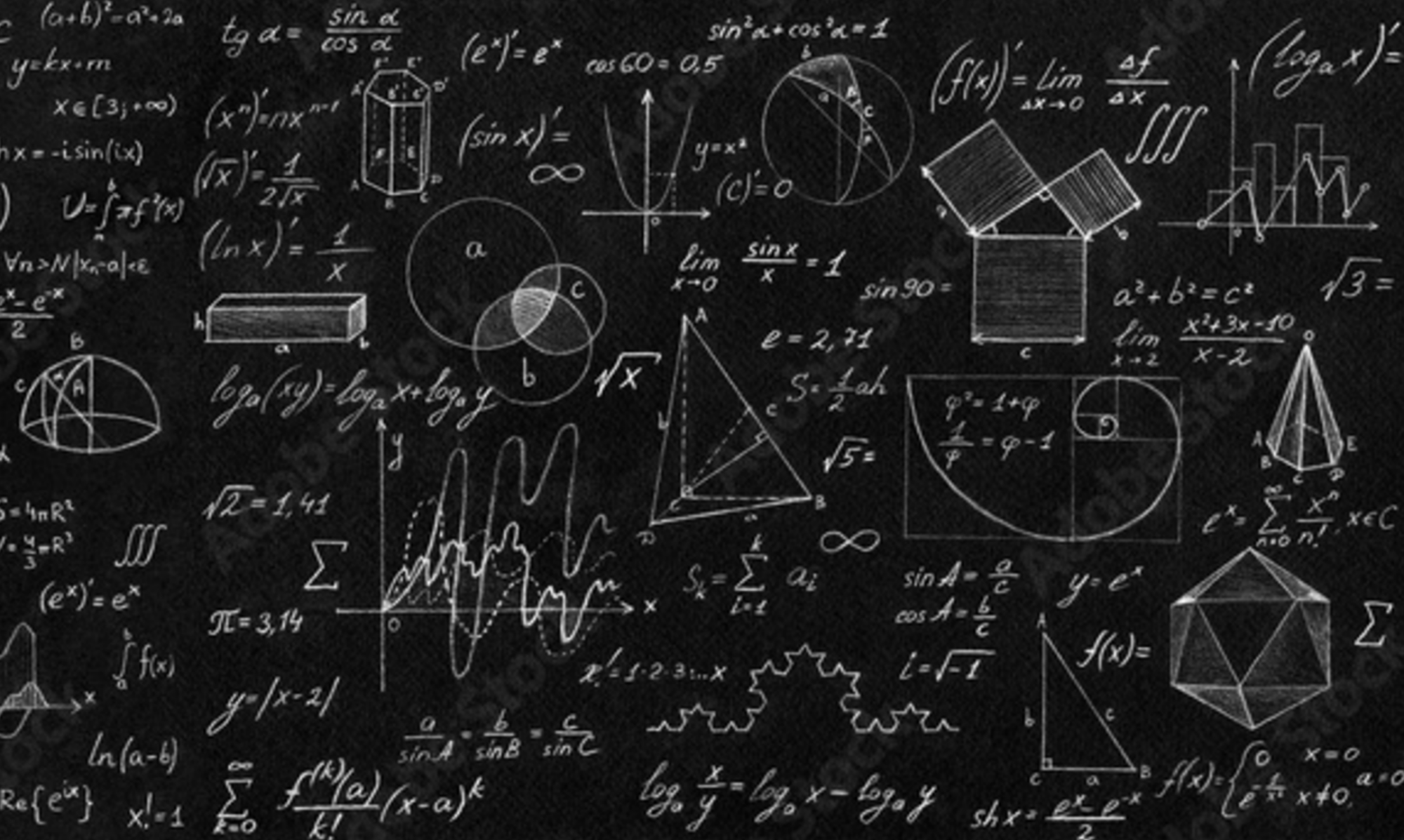Abstract
Over the past few decades, educational systems have continually worked on integrating technology into mathematics education. Creativity, on the other hand, was—more often than not—less attended to. Building on Latour’s (A sociology of monsters: Essays on power, technology, and domination. Routledge, London, pp. 103–131, 1991) perspective on technology, Vygotsky’s (J Russ East Eur Psychol 42(1):7–97, 2004) treatment of creativity, and Bakhtin’s (The dialogic imagination: four essays. University of Texas Press, Austin, Texas, 1981) perception of authorship, we contemplate a departure from traditional ways of viewing creativity in mathematics education—as arrogated to giftedness—and a shift of attention to a unified manifestation of apprenticeship and authorship to allow for expressions of creativity for all learners. The works of these three classic scholars, brought together, widen our conceptualization of technology, creativity, and learning; show how the very intertwining of these notions allows for a far wider perspective of creativity in mathematics education; and foster the learning and understanding of mathematics as a network of ideas. In this chapter, we first denote the terms technology, creativity, and authorship and then we showcase how these are manifested in an episode drawn from the work of the second author as a mathematics instructor in the virtual high school in Israel. The chapter concludes with a discussion of some of the implications this meeting point between Latour’s, Vygotsky’s, and Bakhtin’s perceptions may have on the learning of mathematics.
Polotskaia, E., Savard, A., Fellus, O., Freiman, V. (in process). Equilibrated development approach to word problem solving in elementary grades: Fostering relational thinking. In K. Robinson (Ed.), Mathematical learning and cognition in middle childhood and early adolescence: Integrating interdisciplinary research into practice. Springer.

